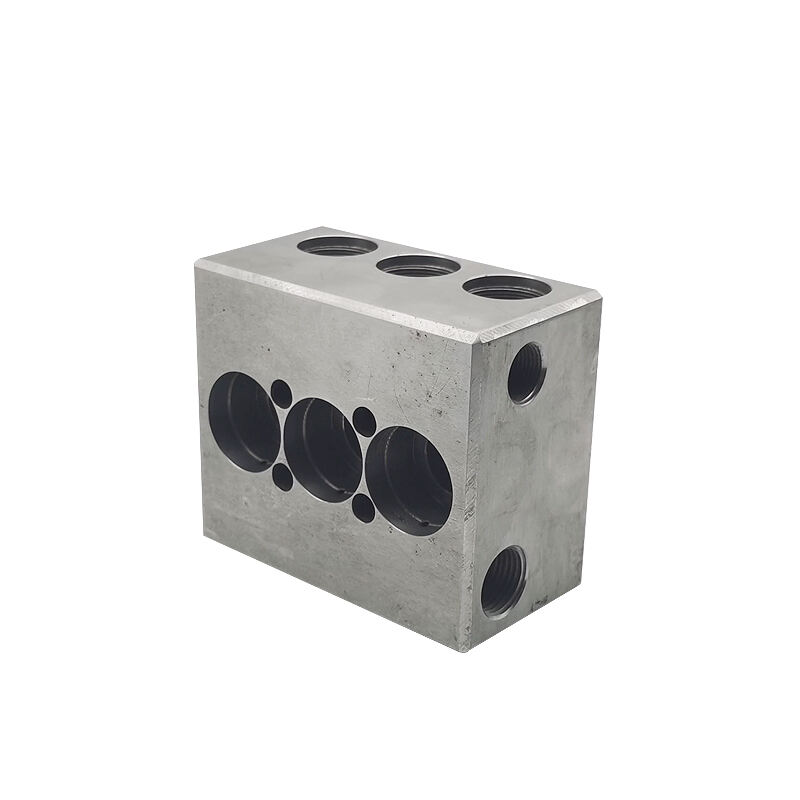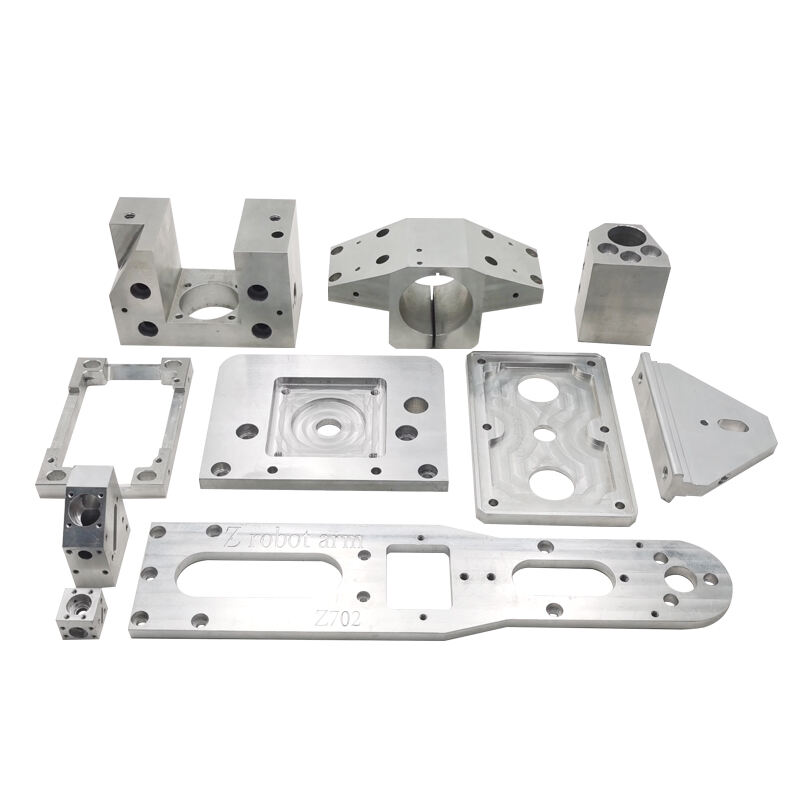high precision machined components
High precision machined components represent the pinnacle of modern manufacturing excellence, combining advanced technology with meticulous craftsmanship. These components are manufactured through sophisticated CNC machining processes that ensure exceptional dimensional accuracy, typically achieving tolerances within micrometers. The manufacturing process involves computer-controlled cutting tools that precisely remove material from raw stock to create complex geometries and intricate features. These components are essential in industries requiring absolute precision, such as aerospace, medical equipment, and advanced electronics. The production process incorporates state-of-the-art quality control systems, including real-time monitoring and advanced metrology equipment, to maintain consistent quality across production runs. Materials used range from high-grade metals like titanium and stainless steel to specialized alloys and advanced polymers, each selected for specific performance requirements. The components often feature superior surface finishes, precise threading, and complex internal features that would be impossible to achieve through conventional manufacturing methods. Their applications extend to critical systems where failure is not an option, including surgical instruments, satellite components, and high-performance automotive parts.

